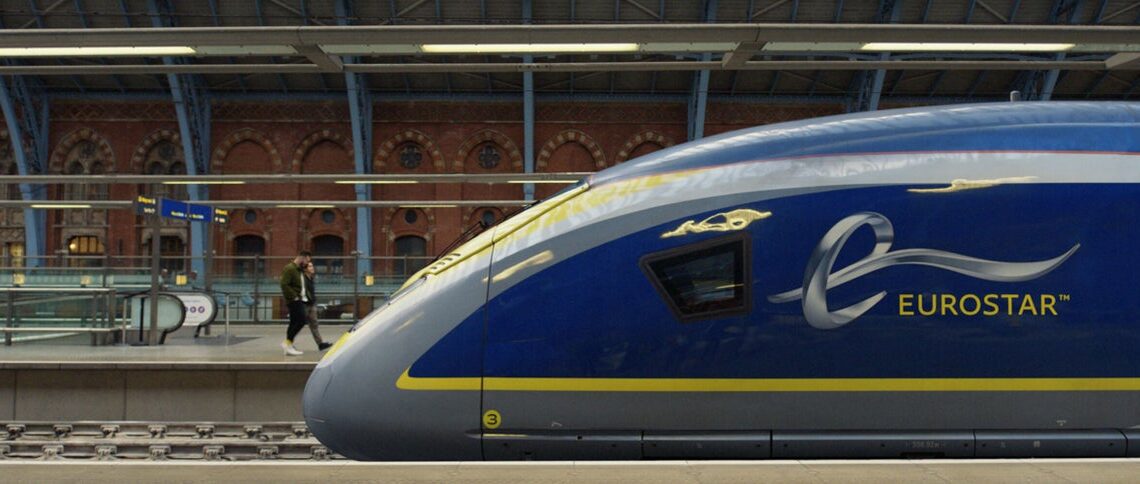What would we do without Eurostar? It provides the traveller between the capitals of the UK, France, Belgium and the Netherlands with a civilised terrestrial link. Surely only a fool with little regard for the planet would fly from London to Paris, Brussels or Amsterdam?
Well, that depends how price-sensitive the traveller turns out to be. Eurostar has a “lead-in” fare of £39 one-way from London St Pancras International to Paris or Brussels. But, says reader Paul Byrne: “Trying to get one of these low-cost tickets is near-impossible. I understand they have dynamic pricing, but why are they so expensive?”
My research shows that some of the cheapest seats are definitely available, booking several weeks ahead, but not on every day and usually only on services at either end of the day. And that is because Eurostar, like any other sensible transport provider, employs dynamic pricing: the dark art of trying to fill every seat at the highest possible fare.
Eurostar has been running trains through the Channel Tunnel since 199 and was hit even harder than the airlines during the height of the coronavirus pandemic. For many months, total or partial leisure travel bans in the countries it serves meant traffic dried up almost completely: Eurostar was running just a couple of trains each day, often with only a handful of passengers.
Today, travellers are returning to Eurostar in large numbers; I dare say a fair few of them are choosing trains over planes to continental Europe because of all the airport chaos. But as it tries to shake off the financial misery that has dogged it for 30 months, the train firm is making some tough decisions that may not endear it to passengers.
All manner of “nice-to-have” features have been cut: Ashford and Ebbsfleet stations in Kent are closed; the Disneyland Paris service is to end next summer (though this is largely due to Brexit-imposed checks); and taking a bicycle is not currently possible. “We’re no longer able to relaunch our bike service as planned this summer,” says Eurostar. “This is due to security and customs issues which are outside of our control. We’re sorry for the inconvenience.”
For the vast majority of passengers, though, Eurostar is back on the agenda. On the core intercity routes, loads are very high: whenever there is a national rail strike in the UK, affecting early and late-in-the-day Eurostar trains, rebooking passengers on the same day appears challenging. The company seems understandably…
Click Here to Read the Full Original Article at The Independent Travel…
